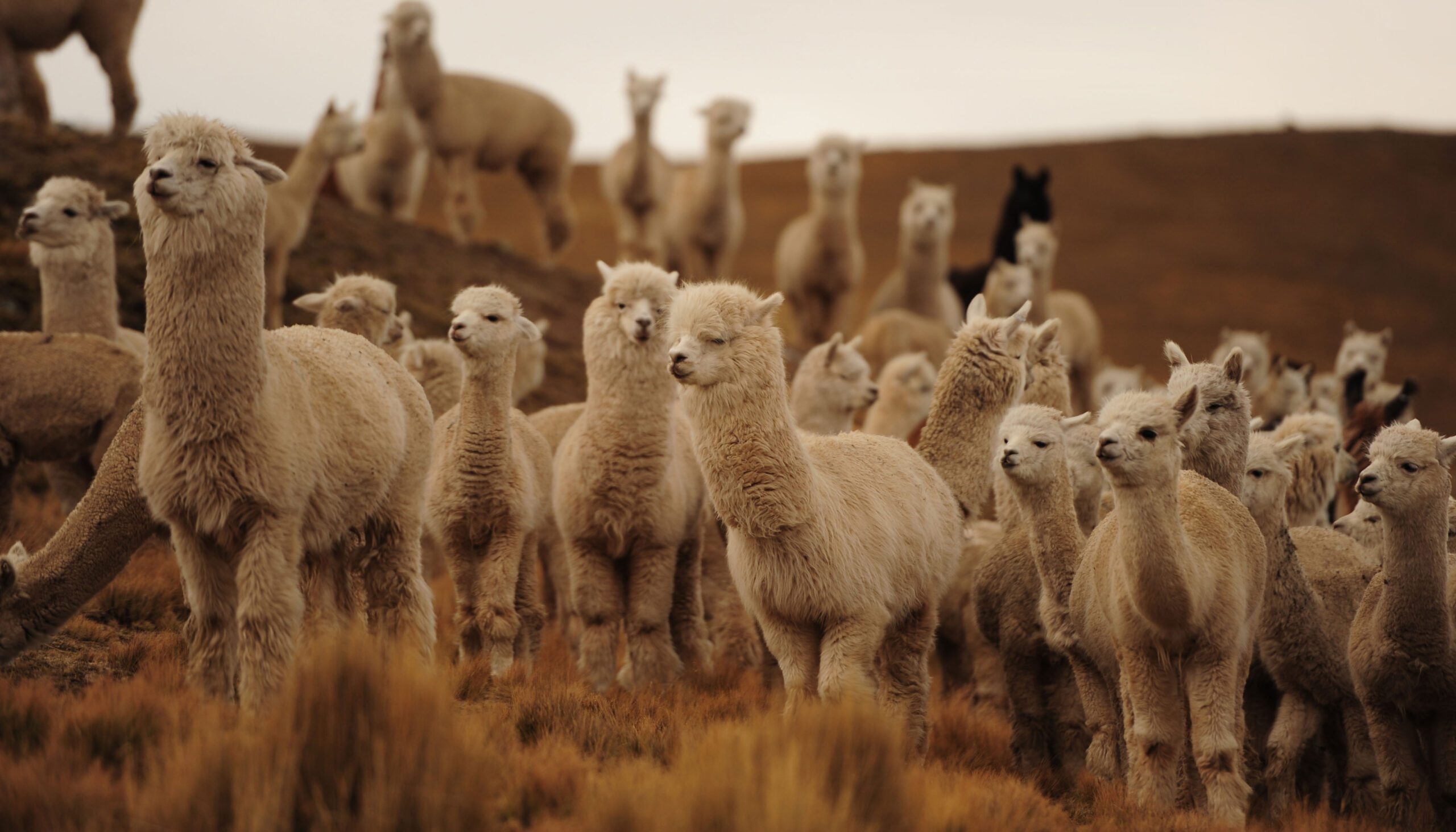
Close


The authenticity of our products lies in our engagement to the manufacturing process, wich allows us to develop in such a way as to mythologize the most magnificent nature of the Andes. To do this, we devote an essential part of our work to decorative composition, so that every product expresses millennial truths through contemporary design.
The quality of our products requires a constant engagement, as well as a permanent search for the finest Alpaca fiber in the world, while respecting natural production. This is why we have made specific requirements at several levels for the development of new ranges, produces from the best alpaca fiber available.
Alpacas survive in one of the harshest environments in the world thanks to a thick layer of down that insulates them from the heat of the day and protects them from the extreme cold at night. This resistance to extreme temperatures is due to a property of their fiber, thermoregulation, thanks to countless micro air bubbles trapped between the hairs. Their body temperature will be insulated by these micro air bubbles on freezing nights while they allow the body to breathe on hot days. These properties are intensified at high altitude, wich is why we work exclusively with breeders at between 4,500 and 5,400 meters above sea level.


Soft and durable, the touch of alpaca is even more extraordinary when not dyed. As always nature is admirable, and alpaca has 24 shades of natural colors. To offer 100% natural fibers, made without dyeing or petrochemical processes, we had to collaborate with many breeding communities to set up a selection by quality and color at the start of the manufacturing process, just after sheering. The implementation of this step required us to control all stages of manufacturing, from the shearing of the fiber to the packaging of our products.
The implementation of a veterinary program selecting the best potential of the herds is one of the ongoing programs. Since the 1970s, the proportion of black, brown and dark gray alpacas has rapidly decreased. Alpaca fiber has been used in the fashion world since then. However, it is much easier to dye a white fiber than a dark fiber. Yarn makers therefore focused their research on light-colored fibers, and alpaqueros, on the other hand, sought to reduce the number of dark alpacas in their herds by selling them in order to favor light-colored animals. This is why today it is almost impossible to find pure black fibers without dyeing.
In order to continue to use dark colors in our collections without resorting to dyesn it is a real labour to change the attitude of our partenersthat we have been carrying out for several years. We support initiatives for the preservatio and development of alpaca breeds with breeders. This represents an engagement and in-depth genetic work with a view to the continuous preservation of the quality of this fiber and of certain colors wich tend to disappear.
